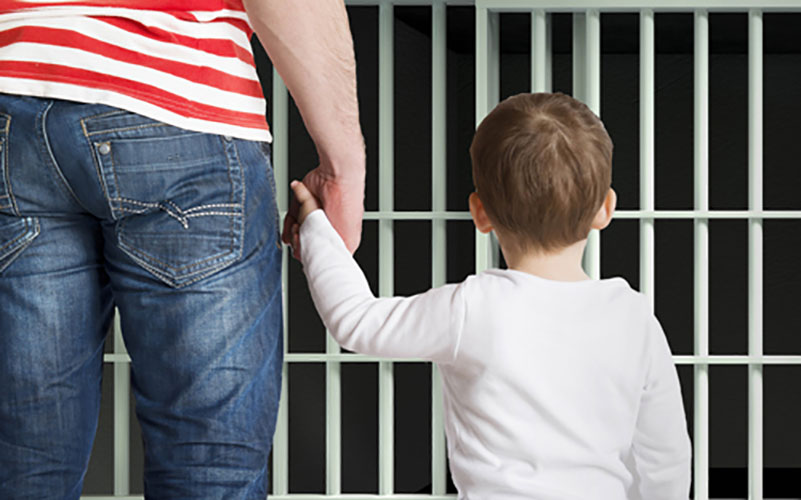 Over the past decade, stress on Nebraska’s Corrections system has been an issue of increasingly urgent discussion in the Legislature. Insufficient detention facilities, prison rioting and instability in our Corrections workforce have put Nebraska in the national spotlight. At present, our state’s correctional facilities are 160% over capacity, putting Nebraska second only to Alabama for prison overcrowding. These challenges represent a steadily growing burden on Nebraska’s taxpayers associated with corrections spending. On average, it costs Nebraska taxpayers about $36K to incarcerate an adult offender for a single year. For youth offenders, the cost of detention is much higher—nearly $127K per child per year.
Over the past decade, stress on Nebraska’s Corrections system has been an issue of increasingly urgent discussion in the Legislature. Insufficient detention facilities, prison rioting and instability in our Corrections workforce have put Nebraska in the national spotlight. At present, our state’s correctional facilities are 160% over capacity, putting Nebraska second only to Alabama for prison overcrowding. These challenges represent a steadily growing burden on Nebraska’s taxpayers associated with corrections spending. On average, it costs Nebraska taxpayers about $36K to incarcerate an adult offender for a single year. For youth offenders, the cost of detention is much higher—nearly $127K per child per year.
Taking these costs into account, there is some irony in the fact that Nebraska policymakers are prepared to reduce the state’s investment in quality early childhood programming by approximately $527K over the next two fiscal years. A growing number of studies of high-quality early care and learning programs indicate that interventions targeting young children at risk effectively promote academic success, positive social behaviors and better life outcomes. A growing body of longitudinal studies reveals that model early childhood programs can reduce incidence of arrest and incarceration by as much as half later in life. Other studies demonstrate much higher rates of educational attainment and degree completion among children who participated in such programs. If we truly want to get ahead of Nebraska’s prison problem, we ought to be thinking about addressing that problem much further upstream.
Nebraska programs such as Sixpence would be among those directly affected by the proposed cuts in quality early childhood funding in the coming two fiscal years. While we do not yet know the long-term academic or social outcomes of children at risk served by Sixpence, independent evaluation shows that children experience gains in a variety of important social-emotional skills that inform academic success and good citizenship.
Naturally, legislators have to make hard decisions to arrive at a feasible budget for the state. Reducing funding to Sixpence and other quality early childhood programs by about $572K represents a very small savings to Nebraska taxpayers in the larger scheme of things. But if even a few of Nebraska’s youngest children at risk eventually drift into the state’s corrections system later in life as a result, it will be too late to ask ourselves if those savings were really worth it.


